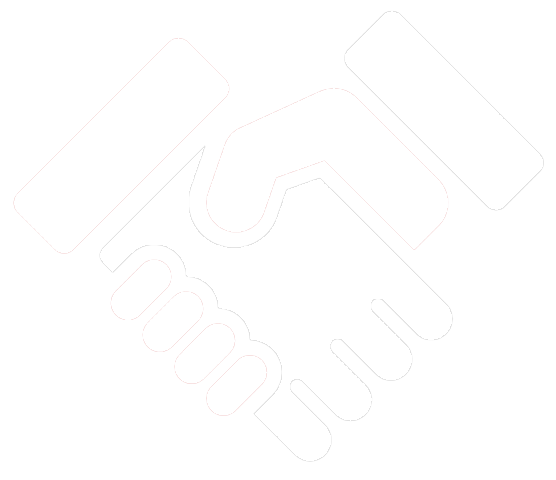Britt
Interview with Fashion Model and Sustainability Advocate Brittany Bergmeister
Brittany Bergmeister, known as Britt, is not only a successful fashion model but also the founder of On Duty Citizen (ODC), a platform dedicated to promoting sustainability—especially within the fashion industry. With 15 years of experience living and working in Tokyo, New York, and Toronto, Britt’s unique perspective bridges global cultures and environmental activism.
Q: As an environmental activist and fashion model, how do you approach sustainability in the fashion industry? What message do you have for consumers?
Britt: There are many ways we can improve. Ultimately, I believe we should strive for a circular economy where fashion products are continually recycled rather than discarded in landfills. This means designing with resilient, timeless, and biodegradable materials that break down quickly if they must be thrown away. I’m hopeful that in the future, customers will be able to return used clothing to brands so fibres can be reused. We need to move away from fast fashion seasons and instead create high-quality pieces that last.
Sustainability also means ethical production. If a garment seems suspiciously cheap, chances are someone was exploited during its creation. We need to rethink what we expect to pay for clothing and recognize that a $50 sweater worn often can be more sustainable than ten $5 sweaters. Thrifting, clothes swapping, and local "buy nothing" groups—like one I’m part of on Facebook—are great ways to shop more consciously while connecting with your community.
For consumers, my advice is simple: Think before you buy. If you really need something new and can’t find it secondhand, research the company first—this is where ODC helps by sharing trustworthy info on brands’ sustainable practices. Renting clothes, through apps like Tulerie, is also a fun and eco-friendly way to refresh your wardrobe.
Q: What kind of impact or positive responses have you seen from your activism?
Britt: When people tell me they’ve been inspired to buy reusable water bottles or shop smarter because of what I share, it feels like I’m doing my job. The fashion industry hasn’t been kind to the environment, so it’s a blessing to be part of the change—helping designers, companies, and consumers make better choices.
I’ve noticed a big shift in my friends and family supporting brands with sustainable values. Hearing that they were inspired by me or ODC makes me grateful. Platforms like ODC and communities such as the Intersectional Environmentalist group have helped me learn about how sustainability intersects with social justice and how I can better support BIPOC communities on this journey.
Q: What inspired you to create On Duty Citizen, and what have you learned along the way?
Britt: My mom and I wanted to build a brand that combined our passions for fashion and meaningful business. Around that time, I connected with the Model Activist community in New York—a group of hundreds of models advocating for environmentalism and social justice in and beyond the industry. That inspired me to launch ODC, which has evolved into a hub where people can shop sustainably, read brand stories, and hear from activists and models about their journeys.
Balancing modelling, school, and ODC can be challenging, but I think of it like a little houseplant. When I have time, I give it attention and care. When I’m busy, I water it just enough, knowing it will keep growing. ODC grows as I learn. Modelling and ODC complement each other, such as when I modelled for Tommy Hilfiger’s sustainability campaign and applied my ODC insights.
Q: How have you coped with loneliness and challenges during the pandemic?
Britt: I’ve tried to find silver linings in a tough time. COVID was mentally exhausting, and I struggled with guilt for feeling down despite being privileged with health and savings. Journaling and meditation helped, but I also decided to see a therapist, which was scary at first but turned out to be healing.
I also wanted to give back, so I started volunteering with Meals on Wheels, delivering food to those in need. Seeing smiles and making a small difference reminded me that balancing self-care with community care is important. It’s uplifting for me, and hopefully for those receiving the meals, too.
Q: What do you believe in life, and how can we achieve success, happiness, and protect the natural world?
Britt: I’ve realized that joy comes from simple, low-consumption moments: time with friends, nature walks, good coffee, painting, writing, running. These don’t require constant consumption and have been the most meaningful parts of my year.
We need to rethink success and happiness beyond material wealth and consumption. The GDP doesn’t capture real well-being—measures like the Genuine Progress Indicator (GPI) do a better job by valuing unpaid work, marginalized communities, and ecological health.
Our actions impact both future and current generations, often disproportionately harming vulnerable communities. Everyone has a role in solving ecological crises. Whether it’s small steps like shopping local and thrifting, or big ones like political engagement or lifestyle changes, there’s room for all of us—especially those with privilege—to do better.
Thank you, Britt, for sharing your inspiring journey and insights!
